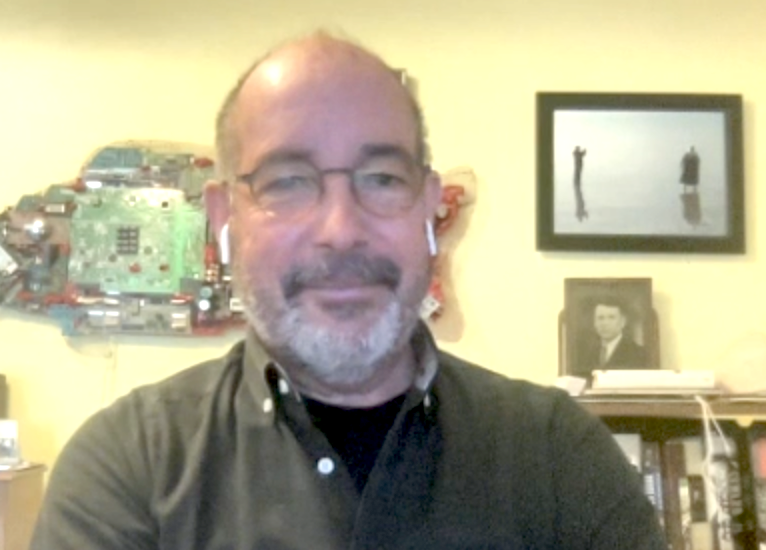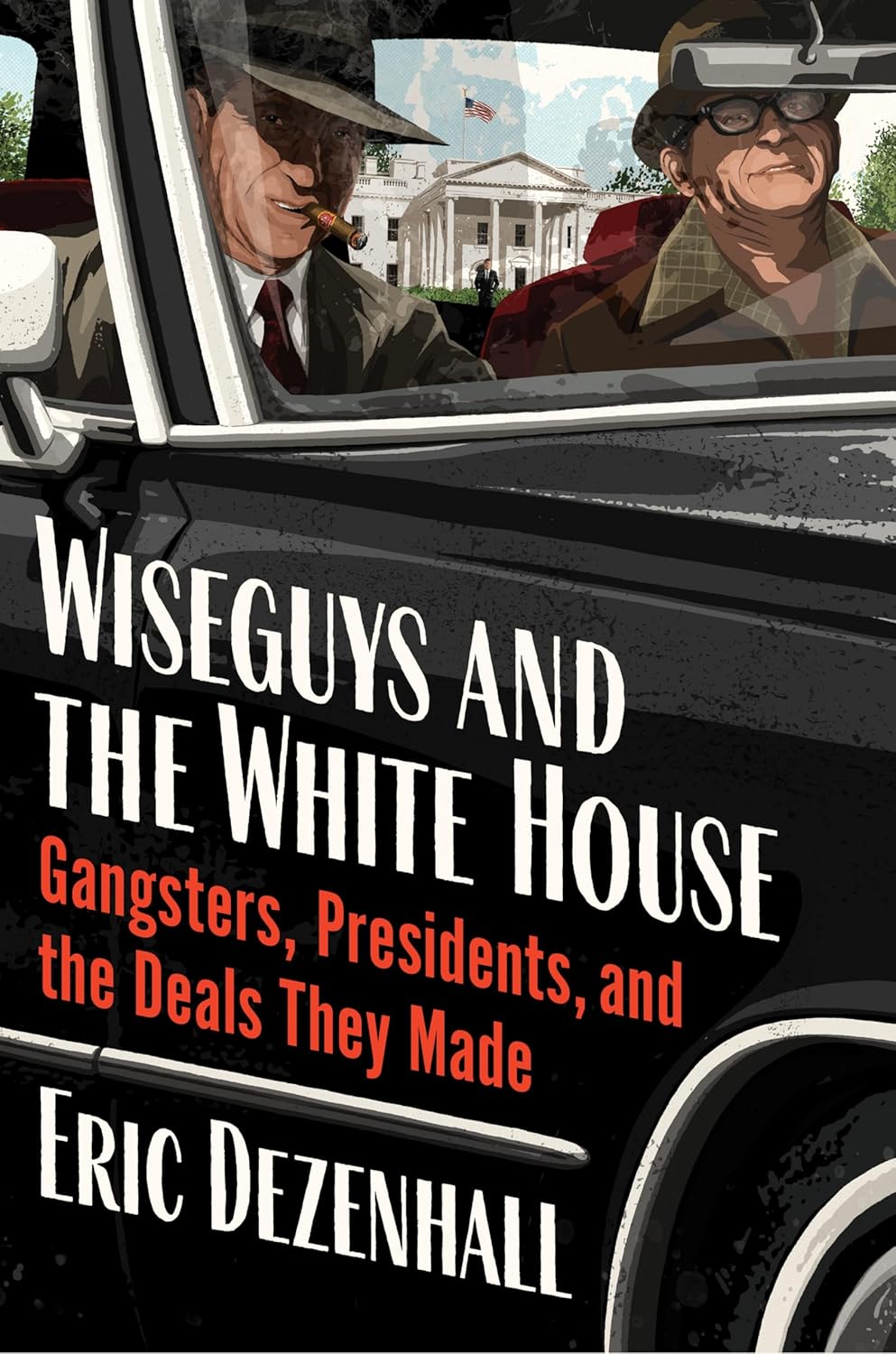By Allan Lengel
ticklethewire.com
WASHINGTON — The show “DEA” on Spike TV has all the hallmarks of a public relations bonanza for the U.S. Drug Enforcement Administration. Slick editing, heart-thumping action and heroic portrayals of gun-toting agents.
In fact, the DEA credited the first season with generating more than 13 million hits on its website and helping bolster its image and recruiting efforts.
But some agents — and some retired ones– aren’t so gung ho. In fact, they’re downright critical of the one- hour show, which launched its second season Feb. 10 and is being produced by Size 12 Productions and Al Roker Entertainment – yes, Al Roker as in the Today show’s morning jester.
For one, the critics say they’re uncomfortable seeing the inner workings of the agency exposed on tv, and they’re none too happy watching potential informants on the tube even if faces are blurred and the informants sign waivers to grab 15 minutes of questionable fame.
“I wouldn’t let anybody do that with my informants,” said one veteran DEA agent, who spoke on the condition of anonymity.
On top of all that, current and former agents say the show oversimplifies the agency’s mission by showing quick hit cases –or what’s known in the business as buy-busts — instead of the agency’s main staple: long-term investigations involving big-time national and international drug traffickers. Those cases often involve months or even years of investigative work.
Lawrence Gallina, former chief of domestic operations for the DEA, who retired from the agency in 2002, commented on the show, saying he fears that people who know little about the DEA “may come up with the wrong impression of what the agency does.”
Admittedly, he said, it’s part of the DEA’s mission to work with local law enforcement tasks forces on smaller cases that impact the community. “It’s an important function, but not the primary function” of DEA, which is to “bring to justice international and national major drug trafficking organizations.”
Whatever the shortcomings, DEA officials say the show is a good thing.
“We’re trying to be more transparent in the 9/11 era, ” says DEA agent Rich Isaacson, a spokesman for the Detroit office. “The DEA is trying a lot of different projects to get our name out in the public eye, similar to what the FBI has been doing for years.”
The agency is promoting the second season with Hollywood hype.
In a recent press release, special agent in charge Mary Irene Cooper, DEA’s chief of Congressional Affairs, said: “If you liked the first season of ‘DEA’, you’ll love the second season. Season II delivers more episodes, more action, more dope and more money than viewers have ever seen before. You’ll have a front row seat to DEA’s hard-charging, relentless special agents risking their lives for the mission. They’ll captivate you with their gritty determination and leave you wanting more.”
Last year’s show was in Detroit and featured DEA agents working with local law enforcement on a drug task force. This season, the show will take place in the Northern New Jersey area – but not actually in Newark itself.
DEA agent Douglas S. Collier, a spokesman for the New Jersey Division, says this season, unlike last year’s, will show a different side of the DEA.
“We’ll show we’re all moms and dads and uncles and sisters and brothers,” he said. ” You’ll see more of the human side of the agents and task force officers.”
Not all the DEA divisions around the country are clamoring to be featured in the show. In fact, after the first season in Detroit, sources said, some divisions chiefs around the country – particularly ones headed by old-school agents – wanted nothing to do with being featured on the show. The producers finally got the New Jersey division to bite.
There’s a big reason why the show has focused on small “buy-busts” instead of big investigations.
The Justice Department has forbidden the DEA from exposing any cases on TV that would end up in federal court. So all the cases on the show go to state court, where often times, the cases are smaller and more local.
Agent Collier doesn’t dispute the criticism that the show does not fully show the breadth of the DEA’s mission. But he said considering the constraints of doing state cases, the agents had some significant busts.
In all, he said, the show does a good job of showing the dedication and “hard work of the men and women of the DEA.”
Shows featuring law enforcement are nothing knew. There’s the best known one, “Cops”, which first aired in 1989, and often features small time crimes. And ABC just launched a show “Homeland Security USA “, which has been less than impressive.
Lawrence Kobilinsky, a professor of forensic science at John Jay College of Criminal Justice in New York said law enforcement agencies like the exposure.
“These agencies thrive on public relations, especially the FBI,” he said. ” Media attention is everything to these groups. There’s a lot of attention paid to the FBI and not a lot to ATF or DEA. I can understand how they would want a show like this.”
William Coonce, former special agent in charge of the DEA Detroit office, said: “I’m a believer in publicity to get the message of what we do in terms of hard work. We do a good job and we’re corruption free. And I believe we should pump ourselves up.”
But he said there should be limits and the DEA should “not just do it for the Hollywood splash that some shows do.”
And even the DEA agent who was critical of the show exposing potential informants, said he sees an upside to the program.
“It’s good to get your name out there,” he said, particularly when it comes to getting Congressional funding for the agency.
” I actually think they should have done something like this years ago. My thing is the FBI is always out in front, even when they get bad publicity, they spin it.”
But another DEA agent simply sees little benefit to the show.
“A lot of it, I thought it was kind of hokey,” he said. “Basically what good can come of it?”
The show airs Tuesdays at 10 p.m. on Spike TV






http://www.spike.com/full-episode/big-rig-meth-bust/31363
If you want to see Federal Agents eviscerating the IV amendment, check out this episode. Check out the second half when they pursue a person transporting meth. They detain a man for 38 hours. During the search they use a drug dog three times and tear his truck apart. One detective admits that it’s not reasonable to search that long. In addition, they were informed by the CI that the drugs would be in the tires. They searched all eighteen wheels and found zero drugs. If I was stepping on someone’s rights I would not put it on TV.
In another episode they admit that they don’t have reason to pull someone over. They admit that they created a pretext to pull the man over. If you aren’t watching this show and care about your fourth amendment rights…you need to start watching!